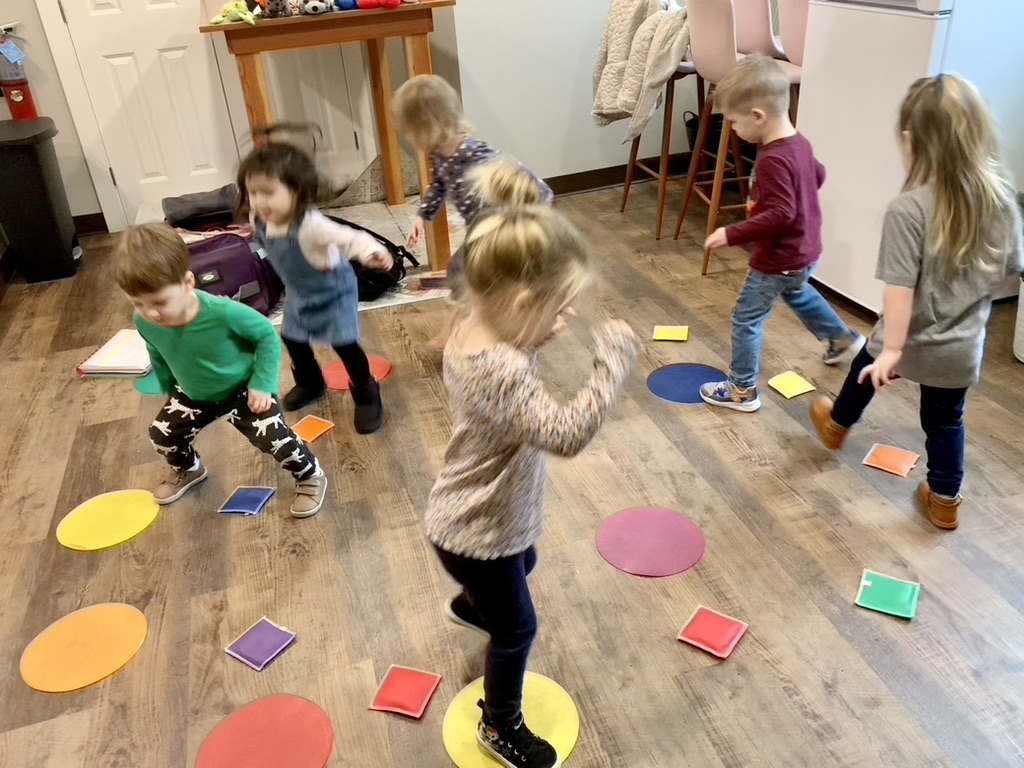Through free and low-cost programs, we give children the opportunity to move, play, and build confidence—developing the physical and social skills they need to thrive.
High-quality dance, tumbling, and sports programs are delivered directly to schools, childcare centers, and community spaces—making participation simple and seamless for families. Supported by nonprofit funding, expert instructors, and strong local partnerships, these programs ensure every child has the opportunity to move, learn, and grow within their daily routine.
To help you better understand how we work and how you can get involved, we’ve put together answers to some frequently asked questions.

Schools, childcare centers, and community organizations serving children in need.
Through grants, sponsorships, and donations from generous supporters.
Dance, fitness, yoga, mindfulness, and enrichment programs for children.
You can donate, sponsor a program, or volunteer to help expand our reach.
Yes! Our programs are inclusive and adaptable for children of all abilities.
Expanding Access to Dance, Fitness, and Enrichment Programs—Ensuring Every Child Has the Opportunity to Move, Grow, and Thrive.
Copyright © 2025 Kindermotion Access Project. All rights reserved.
Social-emotional learning (SEL) has been shown to improve academic outcomes, emotional intelligence, and peer relationships (Durlak et al., 2011). Our enrichment programs integrate movement, music, and storytelling to foster social connections, communication skills, and self-confidence. Through engaging, hands-on activities, we ensure that every child—regardless of background—has the opportunity to build the skills they need to thrive in school and in life.
Physical activity is directly linked to improved academic performance and executive function (Donnelly et al., 2016). Our tumbling and fitness sessions build strength, balance, and coordination while reinforcing essential movement patterns that support brain development. By providing structured, engaging fitness activities, we help children develop motor skills, increase confidence, and build a lifelong foundation for healthy habits.
Early exposure to a variety of sports improves motor competence, self-esteem, and long-term participation in physical activity (Logan et al., 2012). Our multi-sport readiness program introduces children to foundational athletic skills, teamwork, and cooperative play in an inclusive, low-pressure setting. These experiences not only enhance physical development but also teach resilience, sportsmanship, and collaboration—skills that serve children well beyond the playing field.
Mindfulness and movement practices have been shown to reduce stress and improve focus in children (Felver et al., 2016). Our yoga and mindfulness sessions introduce simple, developmentally appropriate techniques that help children regulate emotions, develop body awareness, and improve concentration. Teachers and caregivers often report calmer, more attentive classrooms as a result. By integrating mindfulness into early education, we provide children with lifelong tools for well-being and emotional resilience.
Studies indicate that dance and creative movement support cognitive development, motor skills, and self-expression (Lobo & Winsler, 2006). Our dance programs introduce rhythm, coordination, and teamwork in an inclusive and joyful setting. When children have opportunities to express themselves through movement, they build confidence, develop social connections, and experience the arts in a meaningful way.
Movement isn’t just beneficial for children—it’s a critical tool for educators, too. Research shows that integrating movement into the classroom improves attention, retention, and overall engagement in learning (Ratey, 2008). Our professional development workshops equip teachers and school staff with evidence-based movement strategies that enhance learning, support social-emotional development, and foster classroom engagement. By empowering educators with practical tools, we create ripple effects that benefit every child in their care.